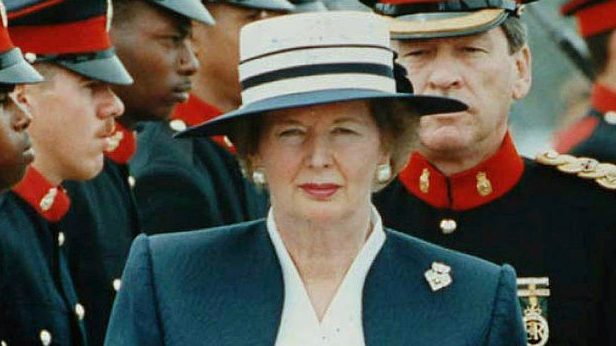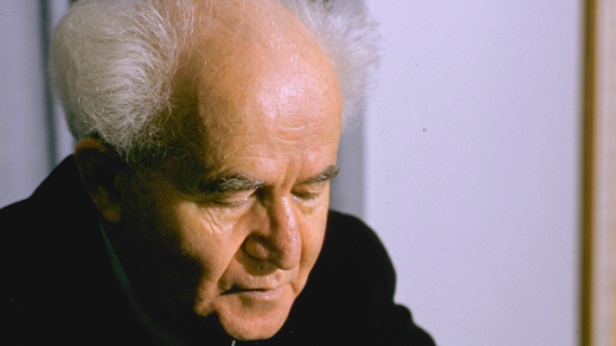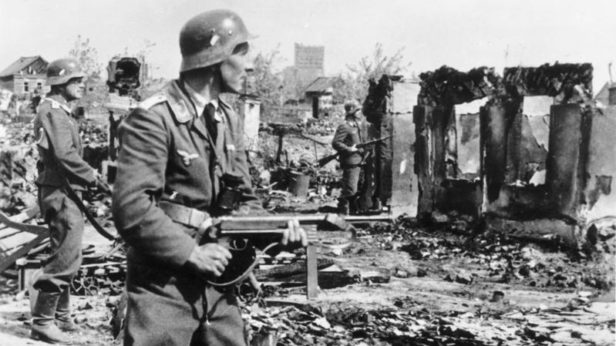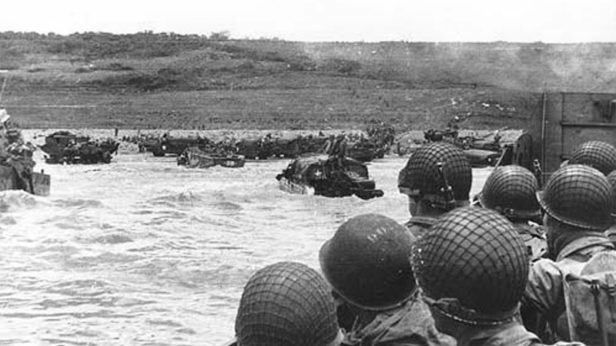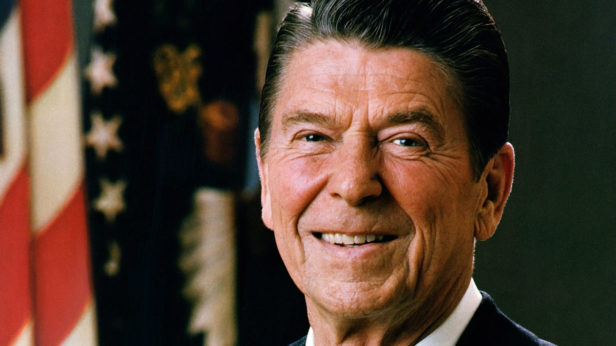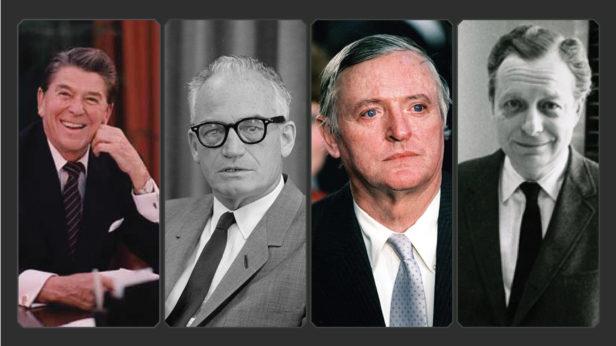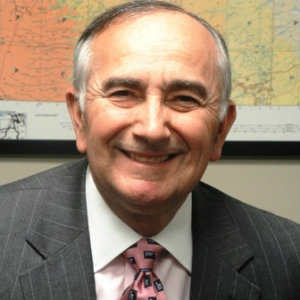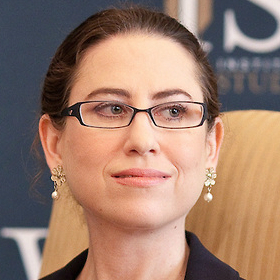Andrew Roberts is presently a Visiting Professor at the War Studies Department at King’s College, London and the Lehrman Institute Lecturer at the New-York Historical Society. He has written or edited 19 books, which have been translated into 22 languages, and appears regularly on radio and television around the world. Based in London, he is an accomplished public speaker, and has delivered the White House Lecture, as well as speaking at Oxford, Cambridge, Yale, Princeton and Stanford Universities, and at The British Academy, the Foreign and Commonwealth Office, Sandhurst, Shrivenham and the US Army War College in Carlisle, Pennsylvania.
Our goal with the “Great Figures of the 20th Century” Weekend Seminars series will be to examine the worldviews and leadership styles of four key individuals – Churchill, Reagan, Thatcher, and Ben-Gurion – in order to surface underlying questions about statesmanship. We will ask questions such as: What is statesmanship? How does one recognize it? And if one can, in fact, speak of statesmanship, what are (or should be) its fundamental constituent components?
These seminars are not intended to be mere biographical surveys of great lives well lived. Our goal, ideally, will be to spend some time covering the basic narratives of what transpired during each figure’s career, but then to engage in extended, thoughtful seminar-style discussion of the issues that these events and narratives raise, exploring their unfolding in our past and reflecting on their implications for our future. We will hope not to simply learn about our figures, but from them.
Images: Portrait by Donald Sheridan, 2013. | Photograph courtesy United Kingdom Government
Andrew Roberts lectures on Churchill's secrets of leadership
Faculty
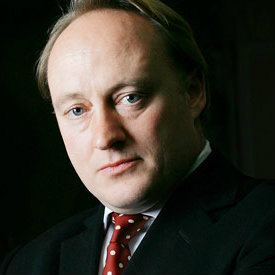
Andrew Roberts
Andrew Roberts is presently a Visiting Professor at the War Studies Department at King’s College, London and the Lehrman Institute Lecturer at the New-York Historical Society. He is the author or editor of numerous books, including Masters and Commanders, which won the Emery Reves Award of the International Churchill Society and was shortlisted for The Duke of Westminster’s Gold Medal for Military History and The British Army Military Book Award. He is presently writing a biography of Sir Winston Churchill.

Andrew Roberts
Masters and Commanders, which was published in 2008, won the Emery Reves Award of the International Churchill Society and was shortlisted for The Duke of Westminster’s Gold Medal for Military History and The British Army Military Book Award, both of Britain’s two top military history prizes. The Storm of War was published in August 2009 and reached No.2 on The Sunday Times bestseller list, and won the British Army Military Book Award for 2010.
Roberts is interested in public policy and sits on the boards or advisory councils of a number of think-tanks and pressure groups, including Policy Exchange, The Centre for Policy Studies, The Canadian Institute for Jewish Research, The UK National Defence Association, The London Jewish Cultural Centre, and Intelligence Squared US’s Intelligence Council. He holds an honorary doctorate from Westminster College, Missouri. He is a Director of the Harry Guggenheim Foundation in New York and a founding member of President Jose Maria Aznar’s Friends of Israel Committee.
Roberts, born in 1963, took a first class honours degree in Modern History at Gonville & Caius College, Cambridge, from where he is an honorary senior scholar and a Doctor of Philosophy (PhD).
Download the Full Syllabus
Preview the Syllabus by Week/Session
Saturday
Session 1: Churchill the Leader
Readings:
Discussion Questions:
- How did Winston Churchill lead Britain during the Blitz and the Battle of Britain?
- What characteristics made Churchill a great statesman?
- What is the place of and need for a statesman in a popularly governed nation?
Group Lunch
Session 2: Churchill the Leader Cont’d and Churchill the Orator
Session 3: Churchill the Orator Cont’d
Readings:
Discussion Question:
- How did Churchill, through his speeches, contribute to the formation of a collective British resolve to continue fighting during the critical time period when Britain was alone in fighting Germany?
Group Dinner
Sunday
Session 4: Churchill the Strategist
Readings:
Discussion Question:
- What decisions were made at the Casablanca Conference? What were the main differences in the strategic aims of the U.S. and Britain? What can we learn about Churchill’s own strategic thinking from this episode?
